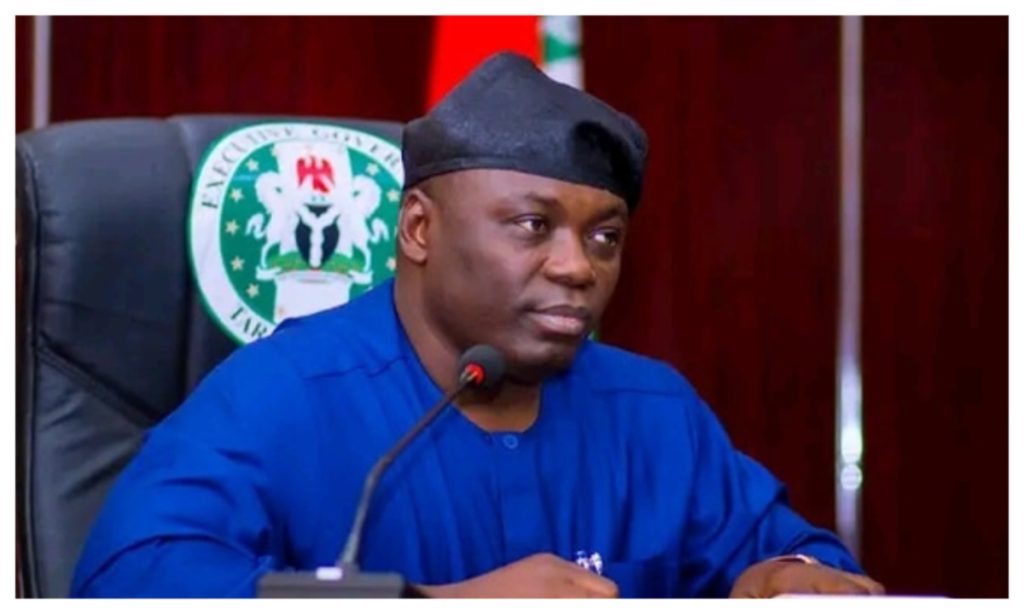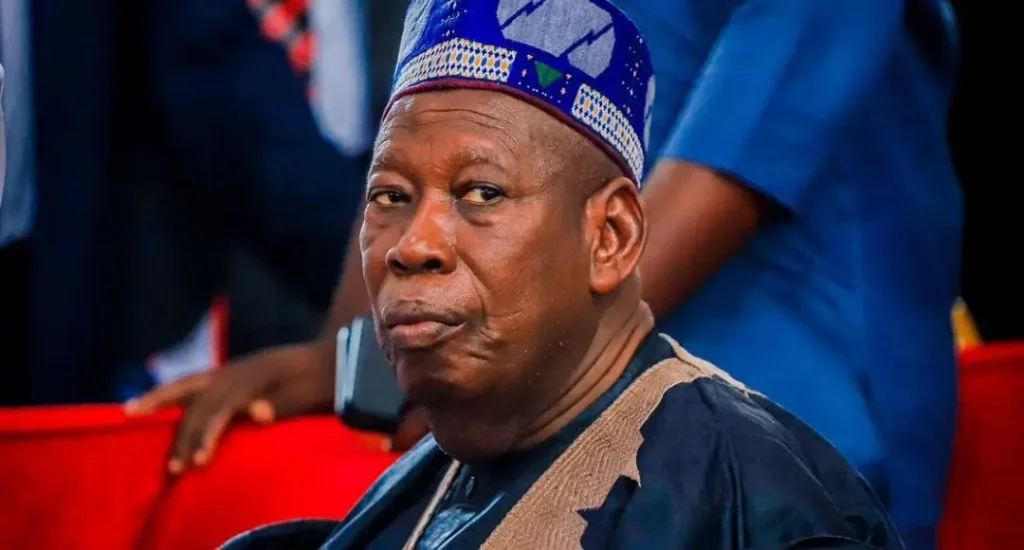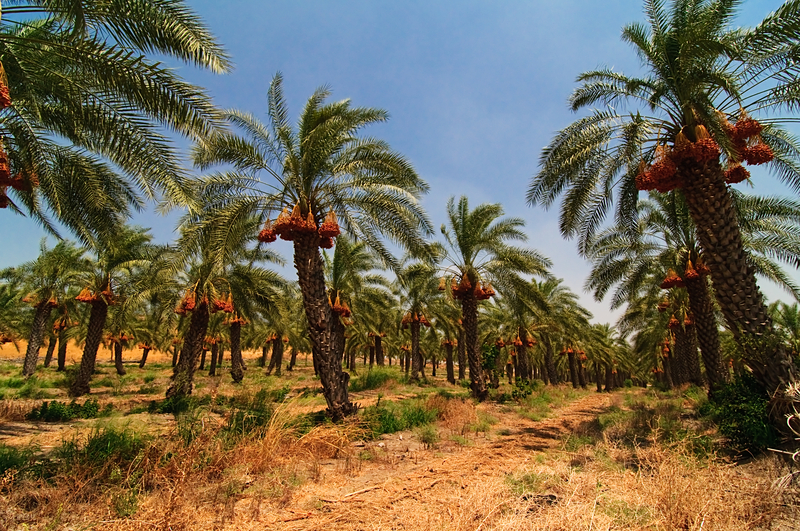President Bola Ahmed Tinubu has urged world leaders to invest in Nigeria and Africa’s mineral resources to diversify the global supply chain. Speaking at the 80th session of the United Nations General Assembly in New York, Tinubu emphasized the importance of investment in the African continent to reduce tensions between major economies and promote peace and prosperity.
He noted that Africa, including Nigeria, is rich in critical minerals that will drive future technologies. By investing in the exploration, development, and processing of these minerals, the international market can be diversified, reducing reliance on a few major producers. This, in turn, can help alleviate tensions between major economies and foster a more stable global environment.
Tinubu’s remarks come as countries producing minerals seek to benefit from investment, partnerships, job creation, and local processing. The export of raw materials from the continent has long been a source of tension, inequality, and instability. By promoting investment in mineral processing and development, African countries can add value to their natural resources and create more economic opportunities.
The president’s call to action highlights the significance of Africa’s mineral resources in the global economy. As the world transitions to new technologies, the demand for critical minerals such as cobalt, lithium, and nickel is expected to increase. By investing in Africa’s mineral sector, investors can help meet this growing demand while promoting economic development and stability in the region.
Tinubu’s speech at the UNGA underscores the importance of international cooperation and investment in promoting global peace and prosperity. As world leaders gather to discuss pressing global issues, the president’s remarks serve as a reminder of the need to diversify global supply chains and promote sustainable economic development. With Africa’s rich mineral resources and growing economic potential, the continent is well-positioned to play a key role in shaping the global economy of the future.



